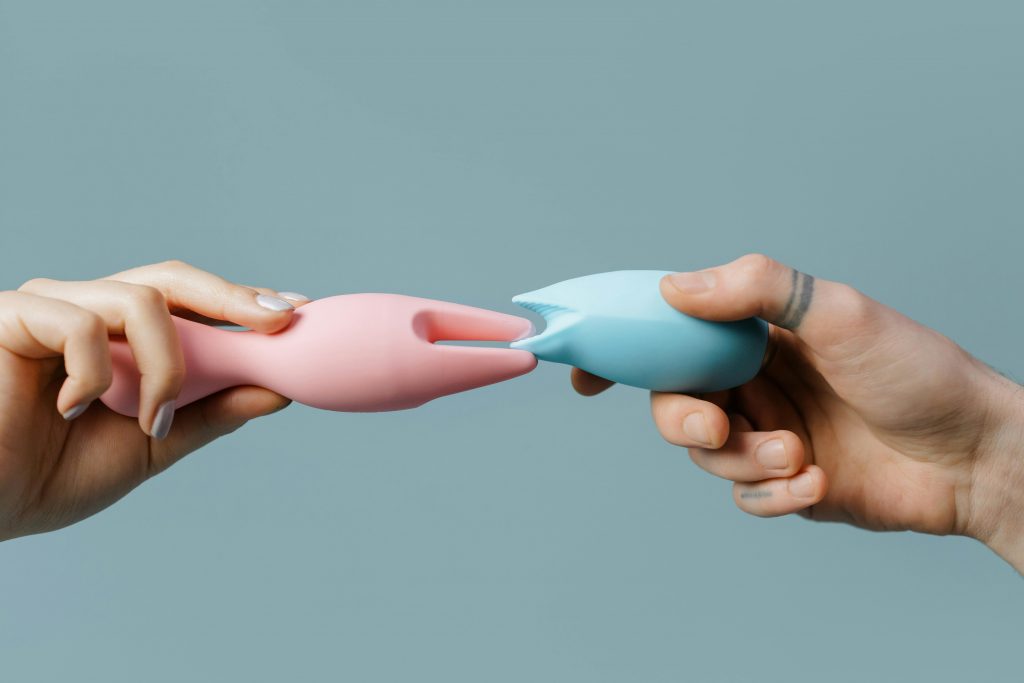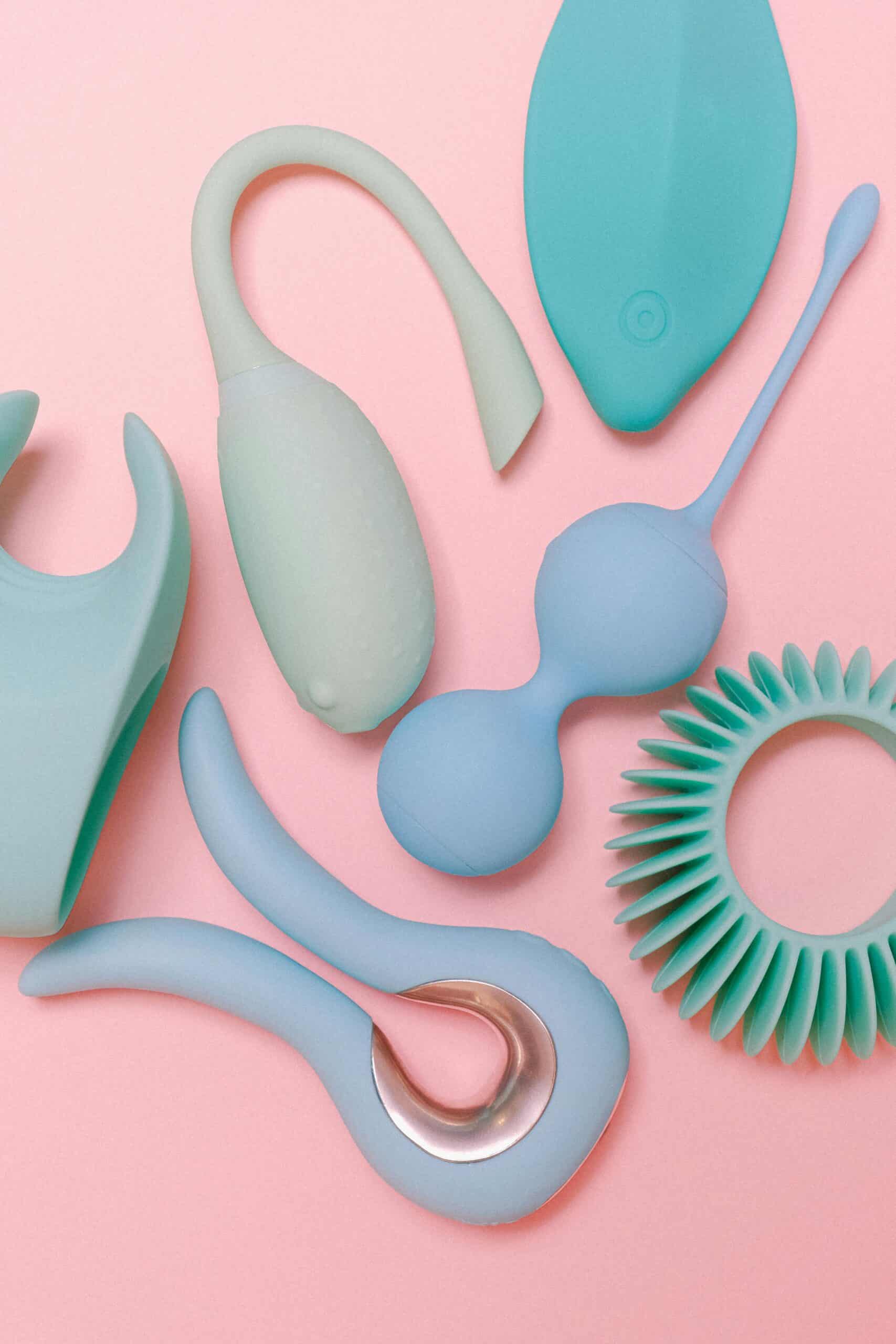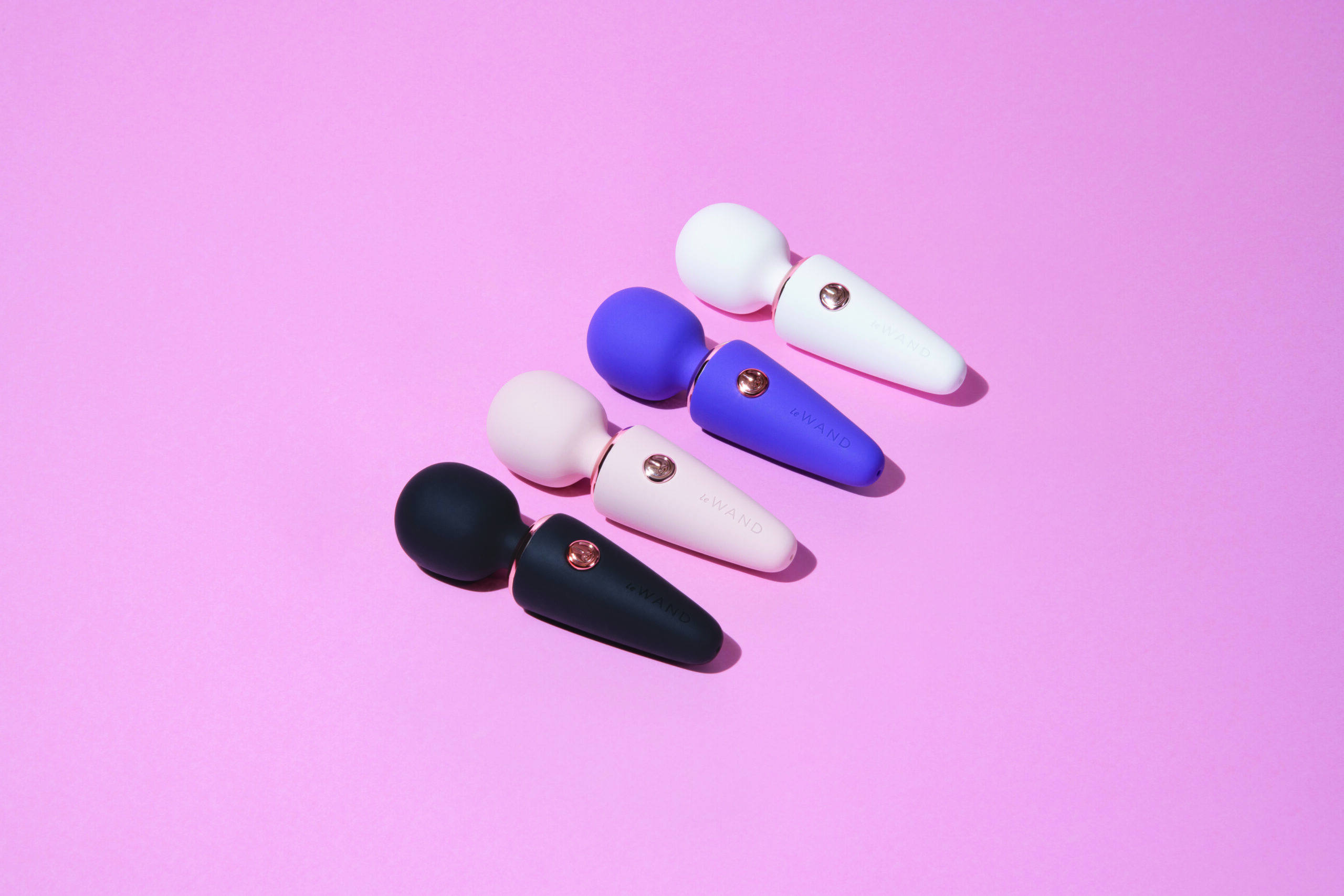Sextech is entering the mainstream – but what does that mean?
Earlier in 2024, sex toys entered the chat in John Lewis, one of the UK’s largest and oldest department stores.
In North America, it’s now the norm to see high-quality vibrators on the shelves of mainstream stores.
Sephora sex toys are flying off the shelves, as are Walmart sex toys. Even Target consumers can buy a vibrator alongside everyday items.
Sexual wellness products have officially come out of the closet. They’re living their best lives alongside other wellness essentials, with these megastores purchasing wholesale sex toys. This is what us industry professionals have been fighting for all these years.
This is a huge win for everyone working in the adult toy industry, including sexual wellness PR professionals like Little Leaf.
Sex toys are notably difficult to get funding for. We’re constantly having to find loopholes to get eyeballs on them, whether it’s in advertising or stores.
When major retailers put vibrators and dildos in their stores, it gets easier for customers to access these products. Investors also find it easier to take the plunge in what they once considered a risky field to invest in.
Sex educators like Venus O’Hara saw a gap between scientific views on sex and the a more playful image of sex toys. In 2009, she approached it from more of a “lifestyle” point of view, which changed the game. Over a decade later, many reviewers, brands, and stores followed suit, contributing to the inclusion of sex in the wellness space.

How retailer decisions impact investor and VCs
Though it was historically rarely backed, sex tech and its future is worth billions.
Changing attitudes
The industry is growing at a rapid rate as attitudes change. More and more venture capital firms are considering investing in the sex industry. Companies like Amboy Street Ventures have invested in several companies in the space, including Dipsea and Contraline.
Women leading the sextech revolution
Women are taking over a once a male-dominated field. Female founders in sex tech face challenges in getting funding and research support. According to Cindy Gallop, this support is very low.
There is a significant need for improvement in this area. That starts with visibility, engagement, and support from others in the community and beyond. That’s why we highlight inspiring women in the adult industry through our clients, content, and other services we offer.
What this shift means for sex ed
As sextech becomes less taboo and more open in both a B2B context and from consumers, the mission becomes more virtuous.
Brand education
Yes, brands are slinging sex toys. But they’re also providing much-needed education and resources to the public.
There’s a lot of misinformation about pleasure, STIs, and issues like the orgasm gap. For that reason, sexual education has become a growing trend amongst businesses.
With less access to sex education in the USA, young people need to learn online. Many companies are starting to provide this important information on their blogs and video tutorials.
Better education means safer sex
We’re not just talking condoms when we say safe sex. BDSM is wildly popular, but BDSM education and safety practices regarding it aren’t as widely known as they should be.
Buying from trusted brands ensures safe materials that last long. Knowing about lube can protect sex toys and condoms during use.
Little Leaf is cheering on all those efforts in bringing education to the masses and aiming to provide the same support with our own content.
Sexual wellness is wellness. It’s healthcare. It’s putting people in charge of their own bodies and minds and improving relationships with the self and with others.
Employee education
When shopping for sex toys online, AI chatbots and quizzes allow people to have questions answered about what toys may be best for them. But an in-store experience can be daunting. Especially when you’re not sure if the staff received specific training to answer questions on this intimate topic.
This is why big-box stores should be accountable for providing education related to these toys. They help confused beginners by giving advice without judgment and explaining what makes toys worth buying.
Everyone, regardless of age, deserves access to information about masturbation and sex toys. Knowledge should be available to all.
Nobody wants to be laughed at or feel awkward when they’re shopping for sexual self-care essentials.
Nobody wants to be laughed at or feel awkward when they’re shopping for sexual self-care essentials. Stores can remedy this by partnering with sex experts such as Alice Lovegood, Dr. Jess, and Babeland’s Lisa Finn, who can teach courses and provide informative tips for customers buying superstore or supermarket sex toys.
Many product categories at mainstream stores require new staff training, and these items are no different.
Many product categories at mainstream stores require new staff training, and these items are no different. At Little Leaf, we work with sex ed experts who are knowledgeable about these topics for brand and influencer partnerships.

The stigma of “sin”
Mainstream stores that buy wholesome sex toys will help both consumers and businesses. This will benefit everyone in the industry.
More sex-positive talks in the home
Wider sex toy availability leads to open conversations at home and encourages people to explore their own pleasure. This is the quickest way to normalize these subjects and directly reduce stigma.
Just another wellness purchase
When sold alongside candy bars and sunscreen in your local supermarket, pleasure products will start to be registered as just another aspect of everyday life. Accessibility will increase tenfold – no longer will people have to step into sex shops wearing disguises. Instead, they’ll have access to explore on their own terms in stores where they feel comfortable doing so.
Inclusivity matters
Everyone should be invited to the party! Brands like our clients FUN FACTORY and Eye of Love speak to all sexualities and genders in their products.
Many retailers and brands tend to focus on sex toys for women and sex toys for guys, but the binary is in the past. Including members of the LGBTQ+ community reduces stigma and ensures that everyone gets to experience pleasure without shame.
How we can break barriers further
Getting our sextech clients into major stores is our secret weapon to battling taboos. So are clever and provocative public-facing campaigns, as our case studies show. This visibility marks a significant step towards mainstream acceptance. By stocking more big-name retailers with pleasure products, change can occur on a larger scale.
As a direct result of added visibility and education, more people will engage in vulnerable conversations and ask questions. When a safe space is provided, evolving is possible.
Millennials and Gen Z
Millennials and Gen Z are much more open sexually than the generations that came before them. This alone proves that if we keep putting in time and effort, societal values can shift over time.
The younger generations inspire future collaborations between brands, investors, sex toy PR and advertising agencies, and even lawmakers. As a result, they help us build a more empowered society. One where people are given more autonomy over their bodies.
Securing a better future
As successful retailers keep promoting megastore, drugstore, and supermarket sex toys, the conversation can continue to evolve. With this added attention, we can show the public that sexual wellness isn’t just a desire. It’s a necessity.





